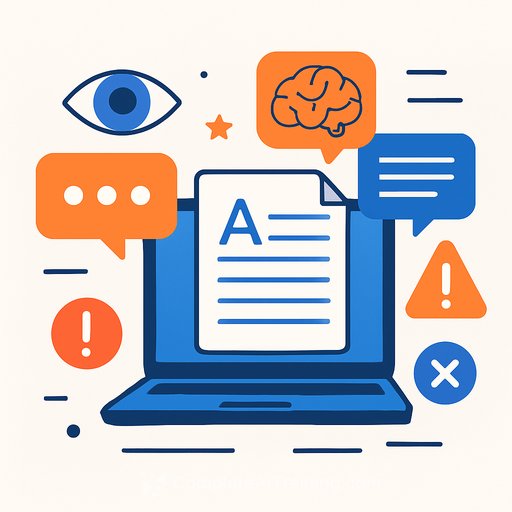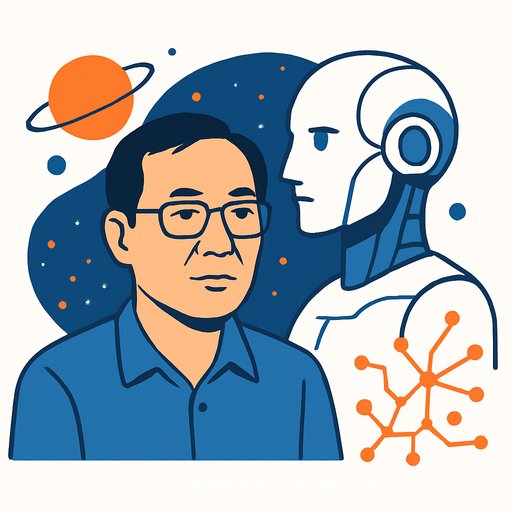Vancouver ER Physician’s Thriller Explores AI’s Promise and Peril
Daniel Kalla, an emergency room doctor in Vancouver, often weaves current social issues like the opioid crisis and vaccine skepticism into his novels. His latest thriller, The Deepest Fake, takes a different approach by focusing on artificial intelligence and its potential impact on human relationships.
The Deepest Fake: A New Thriller on AI
The story centers on a CEO pioneering an AI app that lets users interact with digital avatars of deceased loved ones. Facing a terminal diagnosis and personal betrayal, the protagonist discovers unsettling truths that challenge his reality and his own health condition. This narrative explores AI’s capacity to connect and deceive, blending emotional depth with suspense.
Why Write About AI Now?
Kalla was drawn to AI because of its growing presence in public conversation and its blend of fascination and fear. Although not an expert, he researched the topic to capture the possibilities and risks AI presents. His goal wasn’t to provide a technical manual but to explore how AI can both help and harm.
AI’s Emotional and Ethical Challenges
The idea of AI avatars mimicking the voices and personalities of lost loved ones raises complex questions. These digital recreations can offer comfort but are ultimately simulations, not real people. The novel highlights the emotional pull of such technology while warning against mistaking machines for genuine human connection.
Guardrails for AI Use
Kalla stresses the need for strict boundaries in AI interactions, especially concerning sensitive topics like self-harm and violence. A real-world case involving a teen who developed a harmful relationship with an AI chatbot underscores these concerns. The novel advocates for automatic conversation cutoffs to prevent AI from enabling dangerous behavior.
AI in Medicine: Tool and Risk
Many doctors use AI to streamline tasks such as transcribing notes and accessing medical information quickly. Kalla himself relies on AI for medication dosages and updates on rare conditions. While AI can be a valuable assistant, self-diagnosis through AI remains risky without professional judgment.
Medical Themes Deepen the Story
While The Deepest Fake doesn’t center on healthcare professionals, it incorporates authentic medical elements. The novel addresses the impact of degenerative diseases like ALS, reflecting Kalla’s experience treating patients facing life-altering diagnoses. This grounding adds emotional weight and realism.
Takeaways for Writers
- Use timely, relevant topics to engage readers without overwhelming them with jargon.
- Balance fascination with technology by exploring ethical dilemmas and emotional consequences.
- Draw on personal or professional experience to add authenticity and depth to storytelling.
For writers interested in AI and its practical applications, exploring courses on Complete AI Training can provide useful insights and tools.
Your membership also unlocks:





